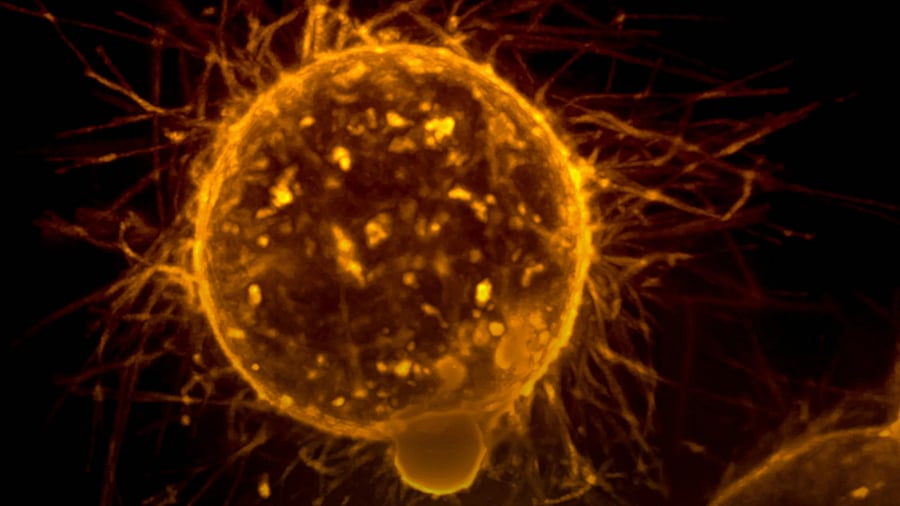
Cancer has quietly woven itself into the fabric of society, much like chronic conditions such as diabetes and hypertension, emerging as one of the most urgent health challenges of our time. While much of the public attention is focused on breakthroughs in treatment, rising survival rates, and inspiring medical success stories, there exists an often-overlooked narrative — one of financial devastation, lost wages, and enduring economic strain that begins the moment a diagnosis is received.
In countries like India, cancer is not merely a medical condition but a direct attack on one’s financial stability, mental health, and social standing. The shock of a cancer diagnosis is devastating enough, but the financial burden of staying alive can be even more debilitating.
“I lost my job while receiving treatment. Is there a cheaper remedy?”
While some workers in large firms may benefit from paid sick leave or flexible working hours, the situation is far more grim for many. Small and medium-sized enterprises often lack formal policies to support employees undergoing long-term medical treatment. For India’s vast unorganised sector — comprising daily wage workers, drivers, and domestic workers — a cancer diagnosis could signal the end of regular income. Even after recovery, many survivors are too physically drained to return to work, and employers are often reluctant to rehire those they consider “unreliable” or “too sick.” This leaves cancer survivors struggling to make ends meet.
Health insurance: A safety net with gaps
In theory, health insurance should serve as a financial cushion, but in practice, it often becomes a complex balancing act filled with exclusions, fine print, and caps. Cancer treatment typically involves surgery, chemotherapy, radiation, immunotherapy, and hormone therapy, yet many policies fail to cover newer, high-tech treatments like immunotherapy or robotic surgery.
Even seemingly minor but essential costs like follow-up tests, caregiver services, special diets, and home care are often not reimbursed. For elderly individuals or those without strong family support, these “hidden” costs can be as overwhelming as the disease itself.
The hidden struggles of families
Cancer is never a solo fight. Every patient has a family that struggles emotionally, physically, and financially. College funds are wiped out, and retirement savings are depleted. Families often sell their jewellery, land, or even cars. Some resort to borrowing money or crowdfunding to cover hospital bills.
The financial burden of cancer extends well beyond treatment: travel costs to hospitals, lost wages for caregivers, special diets, and home modifications all contribute to the mounting expenses. Frequently, the primary caregiver — a spouse, parent, or child — must leave their job entirely.
Where do we go from here...
There is a growing consensus that the financial burden of cancer must be addressed as an urgent priority. Key interventions that would make a transformative difference include:
Insurance reform: Health insurance policies must evolve to cover modern cancer treatments, including immunotherapy and robotic surgery. Policy caps need to be raised, and cashless treatment networks expanded.
Employer support: Both large and small businesses must adopt policies that support employees battling chronic illnesses. Paid sick leave, flexible working arrangements, and back-to-work schemes can go a long way in providing relief.
Financial guidance: Every cancer treatment centre should have access to professional financial advisors to assist patients with insurance claims, government grants, and loans.
Strengthening public schemes: Government programmes like Ayushman Bharat offer hope, but better awareness, accessibility, and coverage are necessary to make them more effective.
Behind every cancer ribbon lies not only a story of survival but also one of sacrifice, financial strain, and often, loss. Cancer is not merely a medical condition — it is an economic, social, and emotional crisis. Public awareness campaigns and charity drives are valuable, but to truly stand in solidarity with those fighting cancer, we must address this silent, hidden pain. We need to create a support system that not only saves lives but also preserves livelihoods. For far too many, overcoming cancer means losing everything else.
(The author is a consultant, uro-oncologist, and robotic surgeon.)